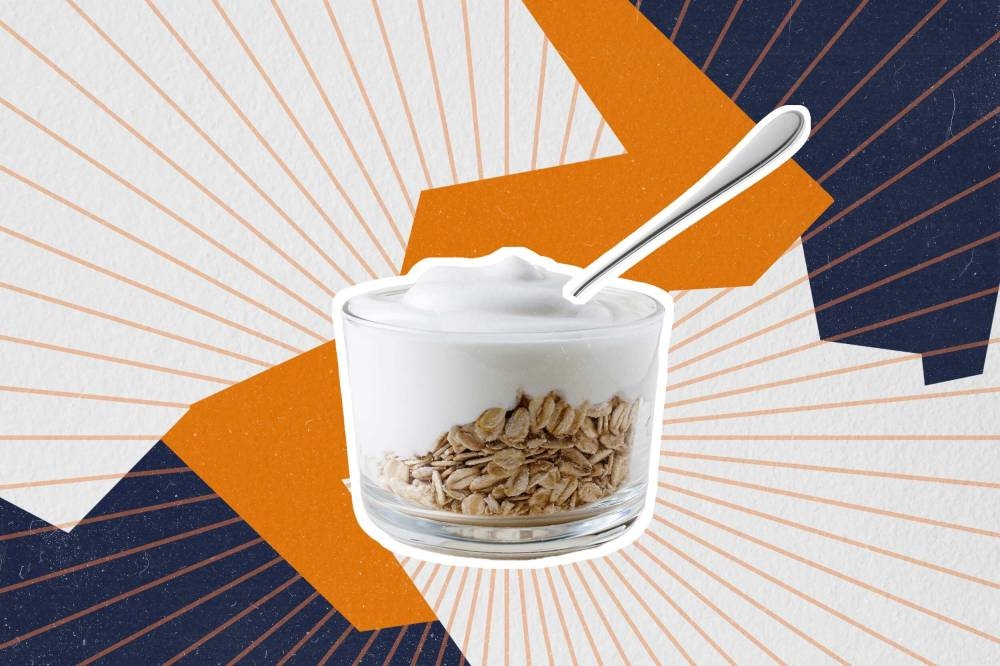US University of Virginia (UVA) School of Medicine researchers have discovered how Lactobacillus, a bacterium found in fermented foods and yogurt, helps the body manage stress and may help prevent depression and anxiety.
The findings open the door to new therapies to treat anxiety, depression and other mental health conditions.
UVA researcher Alban Gaultier and collaborators say the discovery is notable because it pinpoints the role of Lactobacillus, separating it out from all the other microorganisms that naturally live in and on our bodies.
"Our discovery illuminates how gut-resident Lactobacillus influences mood disorders, by tuning the immune system," said Gaultier, of UVAs Department of Neuroscience, its Center for Brain Immunology and Glia and the TransUniversity Microbiome Initiative. "Our research could pave the way toward discovering much-needed therapeutics for anxiety and depression."
Gaultier and his team decided to continue their depression research using a collection of bacteria, known as "Altered Schaedler Flora," which includes two strains of Lactobacillus and six other bacterial strains. With this rarely used bacterial community, the team was able to create mice both with and without Lactobacillus, circumventing the need for antibiotics.
The Altered Schaedler Flora produced exciting results. Gaultier and his colleagues were able to explain exactly how Lactobacilli influence behavior, and how a lack of the bacteria can worsen depression and anxiety. Lactobacilli in the family Lactobaccillacea maintain the levels of an immune mediator called interferon gamma that regulates the bodys response to stress and helps stave off depression.
Our guts are naturally home to countless bacteria, fungi and viruses. There are more microorganisms living in and on us than there are cells in our bodies. That may sound disgusting, even alarming, but scientists say these tiny organisms and their interactions are critical to immune systems, health, mental health and other facets of well-being.
Disruptions of the microbiota, whether from illness, poor diet or other causes, are known to contribute to many diseases and even help cancer spread. So, researchers have been very excited in recent years about the potential to battle diseases by targeting the microbiota.
Early attempts to manipulate the gut flora with beneficial bacteria, called probiotics, have produced mixed results. A big part of the problem has been the sheer complexity of the microbiome, which is estimated to include 39 trillion microorganisms. Trying to understand what specific bacteria or fungi do much less how they interact with all the other microorganisms and their host can be like trying to count grains of sand on the beach.
Gaultier and his team took an innovative approach to focus on Lactobacilli in specific. Prior research from Gaultiers lab suggested that the bacteria could reverse depression in lab mice a hugely promising finding. But the researchers needed to understand how.
"We were aware from our prior research that Lactobacillus was beneficial in improving mood disorders and was lost following psychological stress, but the underlying reasons remained unclear, primarily due to the technical challenges associated with studying the microbiome."
Community / Health
Researches discover how Lactobacillus can help people with depression and anxiety

